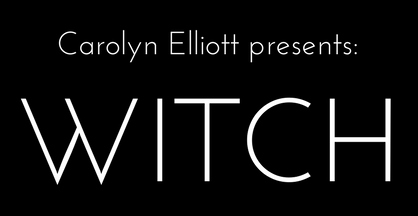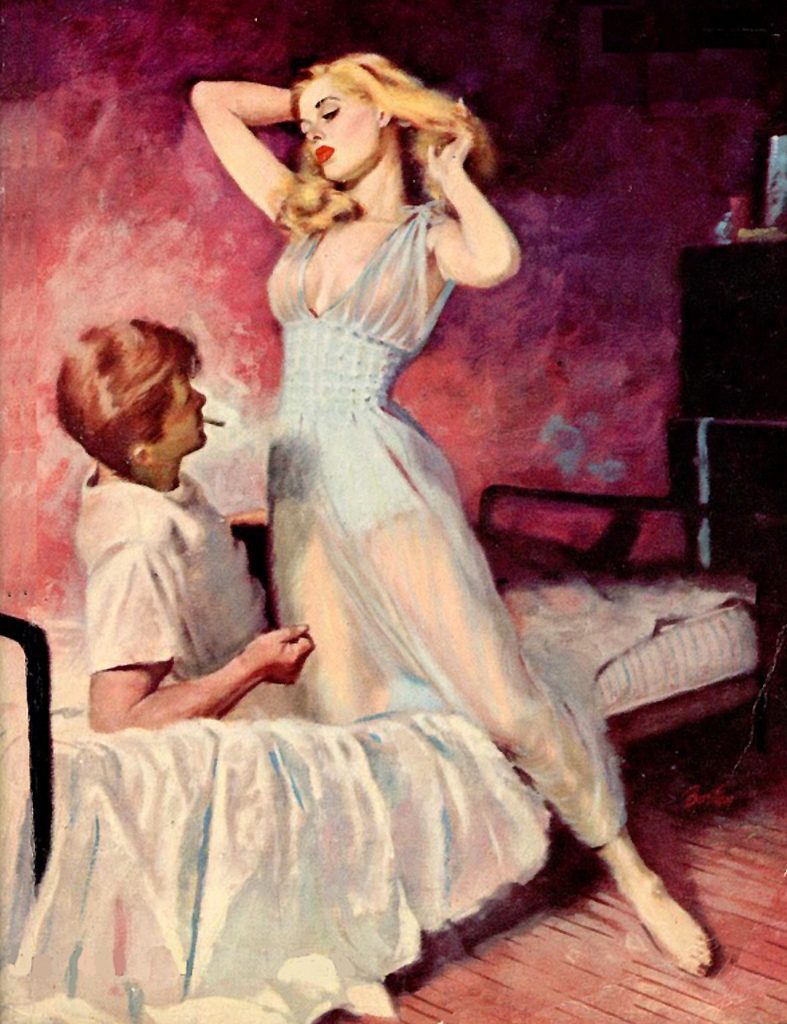by Ruwan Meepagala
Up until about a year ago, you could not convince me to make a bed. It was more than laziness.
I actively refused to. It made no sense that one should bother “making” what one would soon be messed up again.
As a child, this argument extended with my mother to overall philosophy on room cleanliness.
I liked having my toys and books scattered. I knew where everything was, and even back then I felt that disorder and chaos were representative of my personality.
Over my last decade of both intentionally and unintentionally studying energy, I’ve realized how the organization of space has a huge effect on a person’s creativity, mood, and ability to
affect reality.
This is especially important for those who are sensitive to that which exists beyond the mundane.
In other words, bad witches need to make their beds. Here’s why:
1. Arranging materials practices Intention
While it is certainly possible that a bunch of paper and office supplies thrown at a desk could fall in an organized manner, we all know the likelihood of that is slim to nil. When we see neatly organized paper and supplies on a desk we assume that someone intended for it to look just like that.
A creator is one who wants to see his or her intentions expressed in the world. Anytime we make a bed or organize our things, we are doing just that. Making a bed may not seem as significant as creating art or manifesting an unlikely circumstance, but the mental procedure is exactly the same.
The more precisely we organize our space, the more specific we are in realizing our desires.
2. Attention “stores” energy in the space
The 2nd Law of Thermodynamics states that entropy (quantified disorder) of any system continuously increases.
This means that the universe naturally moves towards uniform chaos.
Eggs will crack, beds will become unmade, pee on one side of the pool will inevitably evenly disperse along all parts of the pool (allowing the pee-er to go undetected).
Energy, left to its own devices, will dissipate amongst an environment.
Creators seem to thrive in chaos, not because any random configuration will do, but because creators can detect meaningful patterns amongst what appears to be a meaningless jumble of matter and energy.
Michelangelo said of creating David, “I saw the angel in the marble and carved till I set him free.”
We can all agree that David has a much greater energy signature (meaning its presence affects us more) than plain block of marble.
A creator concentrates energy anytime he or she arranges a physical space in a meaningful way. Using your attention to smooth out your sheets reduces entropy and increases potential energy.
3. Improving immediate environment increases quality
Why does marble in the shape of David mean more to us than a plain block?
Why is a bed “made” when the sheets are set in certain ways, but not others? For most people, those lower-entropy configurations feel better.
That better feeling is what Robert Pirsig in Zen and Art of Motorcycle Maintenance calls Quality.
Quality is so mysterious but because Quality is so simple, immediate and direct….Quality is the continuing stimulus which our environment puts upon us to create the world in which we live. All of it. Every last bit of it….Quality is the track that directs the train.”
Quality is a subjective experience. The specifics of what is Quality in music, art, or arrangement of bedding differs from person to person.
However the experience of quality is universal. Quality is a feeling. Quality is the feeling that has the most meaning to the experiencer.
Everything you experience falls somewhere on the continuum of mediocrity to quality. To arrange your physical space to feel better is to shift your being towards quality.
4. Attention on materials increase Intuition
We know that matter and energy are different forms of the same thing. As sentient beings we perceive matter through our five senses. As sapient beings we also can perceive energy through feeling.
That sensations, emotions, and intuitions are all referred to as “feelings” isn’t a coincidence. They are simply different methods of perceiving energy.
Our reptilian brain registers energy as tactile sensation. Our limbic (mammalian) brain registers energy as emotion. Our neocortex (human brain) registers energy as intuition or involuntary thought.
An intuition is when our mind puts words to a feeling we picked up from our environment (or possibly beyond.) We increase our receptivity to feeling such energy by having our attention on said environment.
When you pay attention to something it “tells” you how to interact with it. If while looking at your desk, you get the random thought that it would feel better if you stacked your paper and threw out your old sticky notes, then you have effectively intuited.
Intuition is act of finding Quality in any situation.
5. External Space reflects internal space
There was a reality dating show called Room Raiders where participants decided whether or not to go on a date based on what the person’s bedroom looked like.
The premise is a lot deeper than MTV portrayed. You really can tell a lot about a person’s inner workings by his or her physical space: standard of quality, mental organization, attention outwards, sensitivity to energy.
If you are prone to a messy room and unmade bed like me, never fear. It works both ways. By organizing your environment to your sense of quality, you organize your mind.
After decades of solid protest, I have become one who makes his bed each morning. I can’t deny that the seemingly meaningless chore has a direct effect on my creative performance.
As you have hopefully concluded, this isn’t just about bed-making. Making our beds just happens to be one of the first opportunities for affecting reality for most of us. The principles apply to any material activity: cooking, gardening, sex, among other things.
This article has been planting the suggestion that everything you experience is a reflection of your mind. I’ll be more explicit and go a step further:
You are what you experience.
The state of your bedsheets represents one of many locations in your psyche. As creators we aim to bring intentions of our internal world out into the external shared reality. No sheet should ever be left unturned.
IN CONCLUSION
If this essay resonates with you, please join our WITCH email list by using the forms on this website so we can stay in touch.
About the Author:
featured image illustration by Harry Barton

